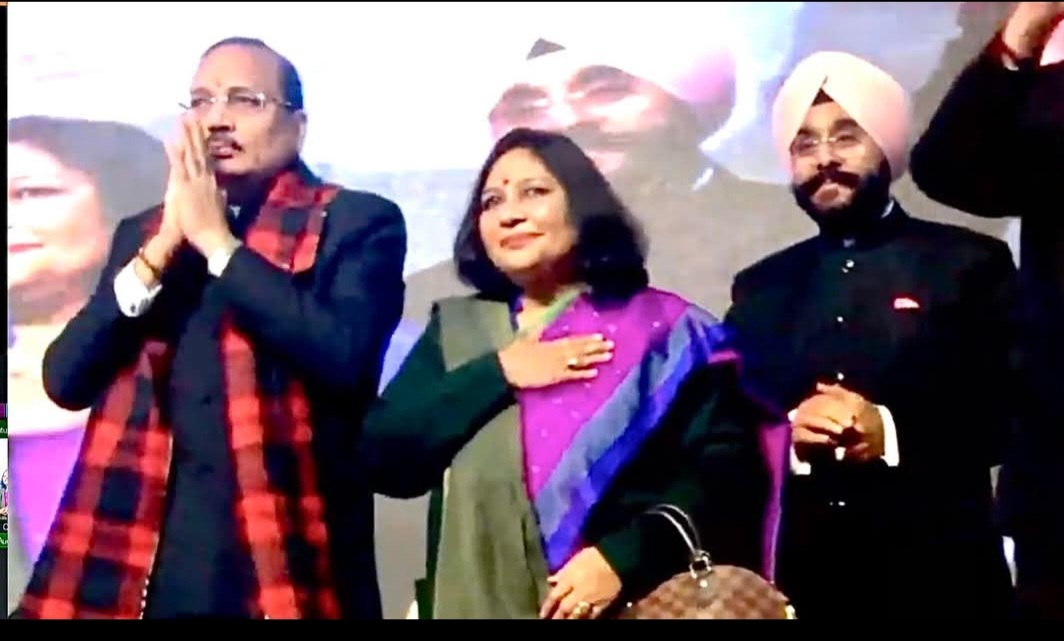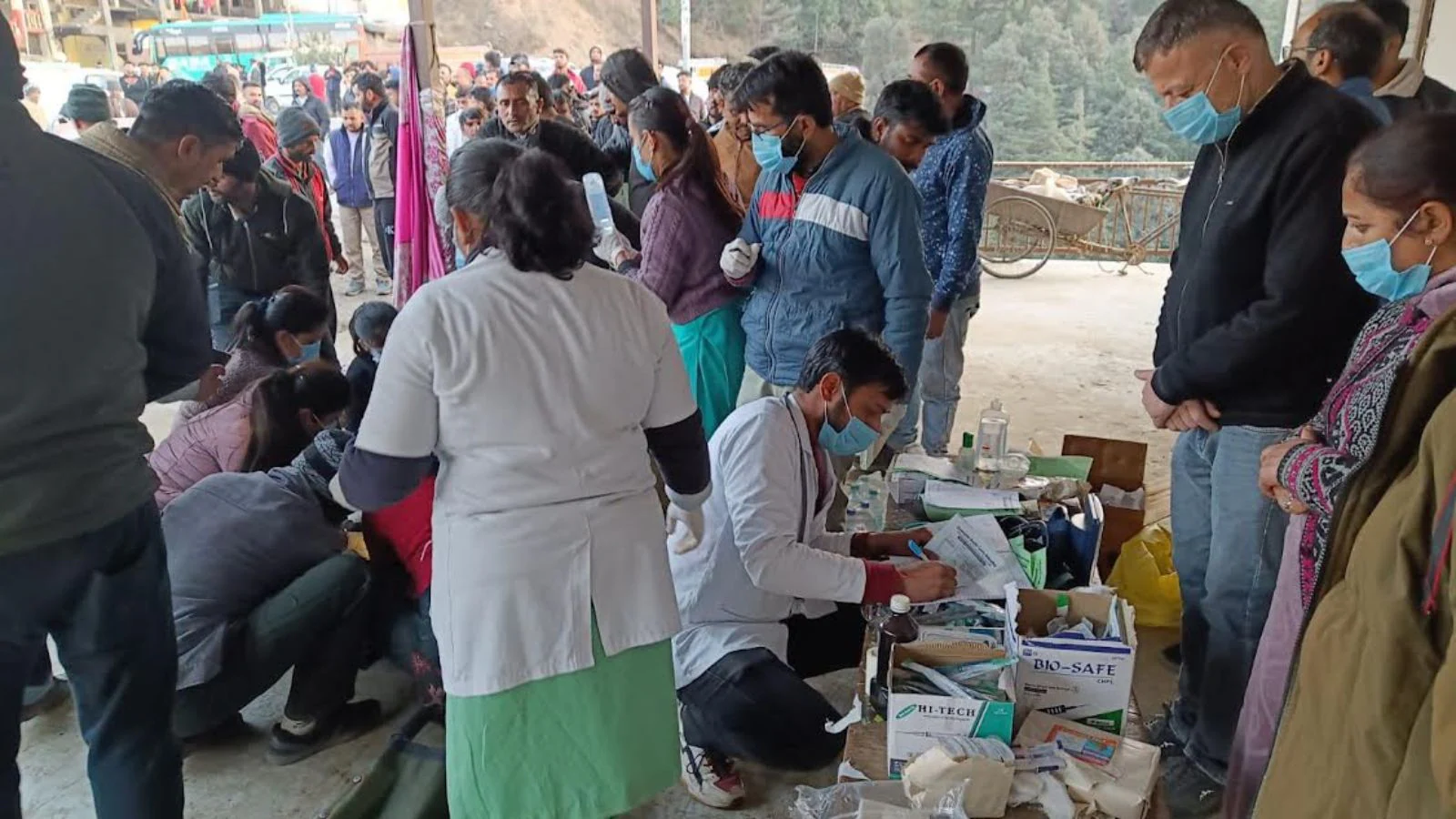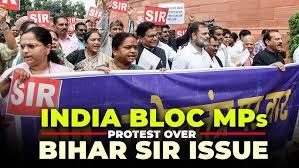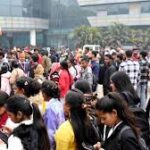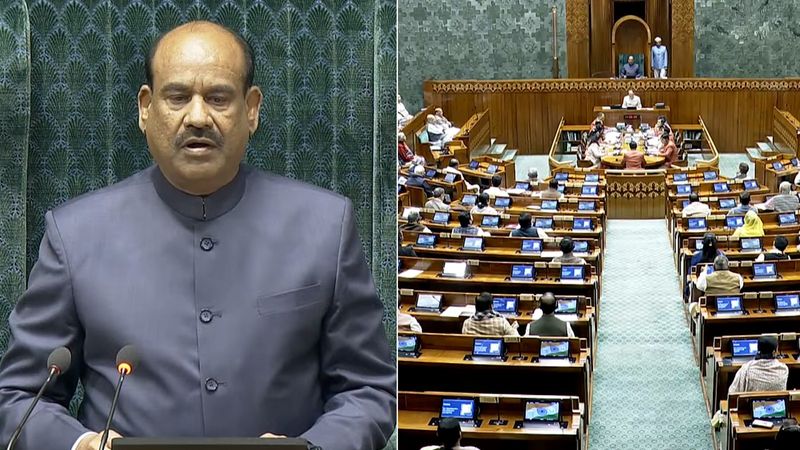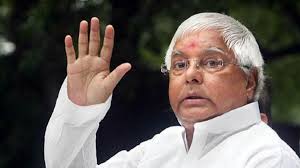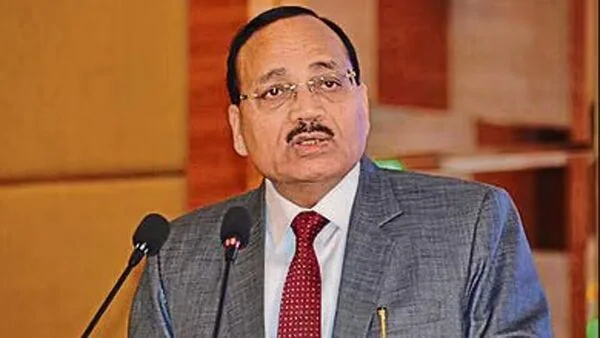Listen To This Post
Thenewsdose.com
New Delhi, July 28,UPDATED:1.25PM
Opposition protests against the Election Commission’s voter roll revision in Bihar escalated on Monday, with top leaders of the INDIA bloc staging a demonstration in the Parliament House complex for the fifth consecutive day.
Congress president Mallikarjun Kharge, Congress Parliamentary Party chairperson Sonia Gandhi, Leader of Opposition in the Lok Sabha Rahul Gandhi, Congress general secretary Priyanka Gandhi Vadra, Samajwadi Party chief Akhilesh Yadav, Trinamool Congress MPs Derek O’Brien and Sagarika Ghose, and DMK leaders Kanimozhi and A Raja joined the demonstration, underscoring rare opposition unity on the issue.
The leaders stood on the iconic Makar Dwar steps of Parliament, holding placards reading “Stop SIR” and standing beside a large banner that read “SIR – Attack on Democracy.” Slogans echoed through the Parliament complex, targeting what the opposition described as a “deliberate attempt to disenfranchise voters in Bihar ahead of the Assembly elections.”
What is the SIR and Why is it Controversial?
The Special Intensive Revision (SIR) of electoral rolls is a process in which the Election Commission undertakes a detailed, house-to-house verification of voters. While such revisions are not unusual, opposition leaders allege that this specific exercise in Bihar is politically motivated. They argue that the timing, just months before state elections, and the method of verification could result in the removal of a significant number of genuine voters, particularly from marginalized communities and opposition strongholds.
Election Commission officials, however, have defended the SIR, saying it is aimed at cleansing voter lists of duplication, deceased voters, and erroneous entries. But opposition parties remain unconvinced, claiming that the SIR has disproportionately targeted regions and demographics traditionally aligned with non-BJP parties.
Opposition Allegations and Escalating Protests
Mallikarjun Kharge accused the EC of “tampering with democratic processes at the behest of the ruling party,” while Rahul Gandhi alleged that the exercise was “designed to weaken voter rights in Bihar and restrict participation in free and fair elections.”“This is an attack on democracy and an attempt to snatch away people’s fundamental right to vote,” Gandhi said during the protest.
On Friday, opposition MPs carried out a symbolic protest inside Parliament by tearing posters with “SIR” written on them and discarding them in a “disposal bin,” a gesture meant to signify their rejection of the exercise. The MPs also staged a march inside the complex, reiterating their demand for an immediate rollback of the revision and for a full parliamentary debate on the issue.
Broader Political Implications
The controversy has significant political stakes. Bihar, with its complex caste arithmetic and history of close election contests, often witnesses intense competition over voter registration. Even small changes to voter rolls can have outsized effects on electoral outcomes.
With the government yet to agree to a debate on the issue, both Houses of Parliament have faced repeated disruptions. The INDIA bloc has vowed to continue protests until the SIR is withdrawn and accountability is fixed.
The Election Commission has so far maintained that the revision is a routine exercise, but the persistence of the opposition protests suggests that the issue is likely to dominate Parliament’s proceedings in the coming days. For the INDIA bloc, the controversy has also become a rallying point for opposition unity at a time when it seeks to consolidate its base ahead of key state and national elections.





